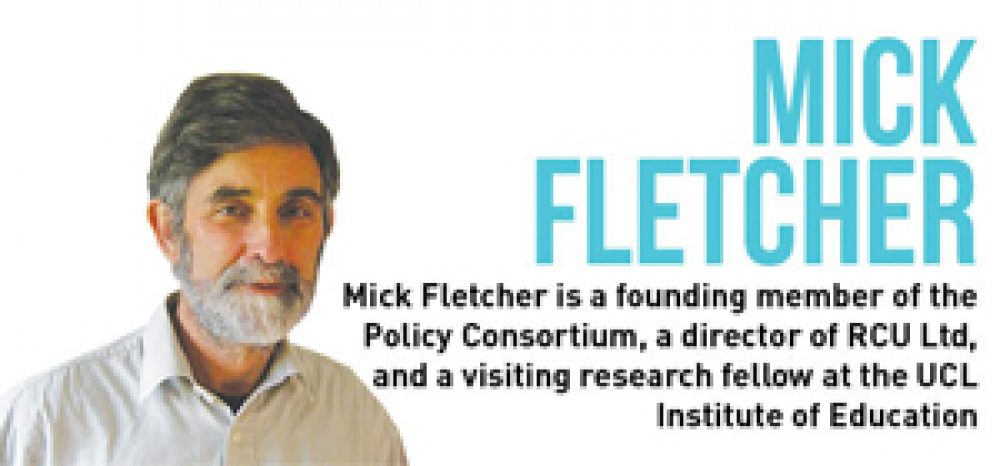Opposition leader Ed Miliband claims to have spotted a problem with IT apprenticeships — they’ve been declining. But, explains, Mick Fletcher, the Labour boss might just be missing a trick or two by using it to knock the government.
Apprenticeships and immigration are two words that have considerable resonance with the electorate and it was good politics for Labour leader Ed Miliband to find a way of combining them in the same headline.
His party’s promise to cut the number of non EU migrants by requiring their employers to take on an equal number of apprentices is as likely to give a warm glow to voters as it is to ensure severe headaches for those trying to implement it.
Unfortunately, it misses an opportunity to make a serious contribution to the vocational education debate.
A good point to have started the debate might have been the falling numbers of IT apprentices quoted by Mr Miliband in support of his plan.
It’s a convenient statistic with which to bash the coalition, which is how it was used, but a closer examination would reveal an altogether more complex picture.
Numbers have certainly fallen in the past year, but that has probably got far more to do with the rapid rise and equally rapid fall of a firm called Zenos.
It offered apprenticeships in IT and in 2010/11 delivered more than half the national total in that category.
Unfortunately, what it offered didn’t fit with either the commonsense view of what an apprenticeship is, or the new regulations that restricts the term legally to employees.
Zenos apprenticeship training was almost all off-the-job — a highly condensed, short, classroom-based training programme that didn’t involve a job or guarantee a work placement.
In 2012, Panorama raised concerns about the Zenos model alongside a different set of concerns about organisations like Elmfield Training.
As the Skills Funding Agency was forced to act to enforce apprenticeship regulations numbers at Zenos declined, it was sold to Pearson, who dropped the brand before pulling out of the training business altogether.
Numbers delivered by its successor organisations are running at around a quarter of its former level.
Mr Miliband could have used this example to raise a number of big questions about apprenticeship policy in England.
He could, for example, have questioned the wisdom of trying to promote apprenticeships through manipulating a provider market which gives ample scope for those more interested in business than learning to game the system.
One suspects that he didn’t because Labour is just as much in hock as the coalition to the current orthodoxy that sees all markets as good and public institutions as suspect.
He might also have challenged the current dogma that sees education post-16 as either academic or work-based, ignoring or even denigrating the important contribution of provider-based vocational education.
What Zenos offered used to be called ‘programme-led apprenticeships’ and while it was dishonest to pretend it fitted the apprenticeship rules it delivered effective training that met a need for many young people.
Expanding vocational education, including provision like programme-led apprenticeships in colleges, is far more amenable to government intervention than trying to legislate reluctant employers into taking on trainees. The work-based fundamentalists who systematically decry this option have probably done far more damage to vocational learning in this country than those alleged to look down on the vocational from an academic tower.
Promising to invest in high quality vocational education does not have the short term appeal of penalising employers, but it stands more chance of increasing the supply of skills.
Sadly, the missed opportunities to develop coherent policy are not restricted to apprenticeships.
Some weeks ago Skills Minister Matthew Hancock seemed to hint at the creation of a new breed of “elite colleges” — though to date no rationale for the idea or supporting detail has emerged.
Rather than examine critically whether we need another type of college, Mr Miliband announced his own proposal for ‘a new generation of elite technical colleges’ similarly lacking in either description or logic.
It’s a poor way to make policy; one can only assume that the focus groups have said that ‘elite’ makes good politics.
Mick Fletcher, education consultant and visiting research fellow at the Institute of Education









Your thoughts